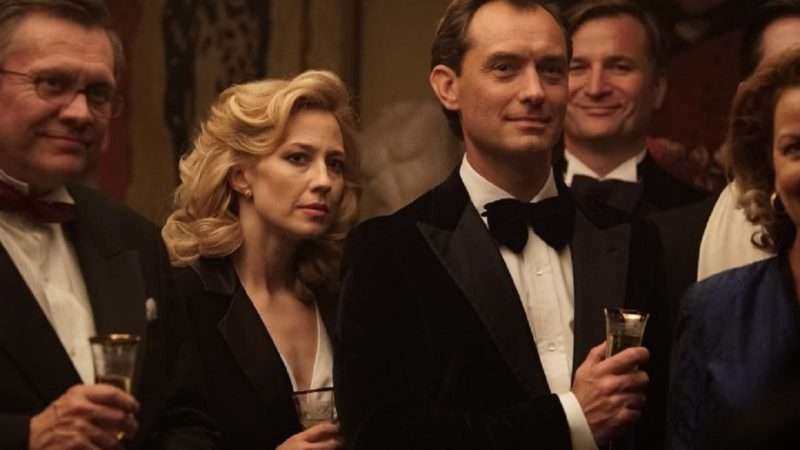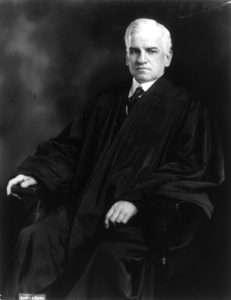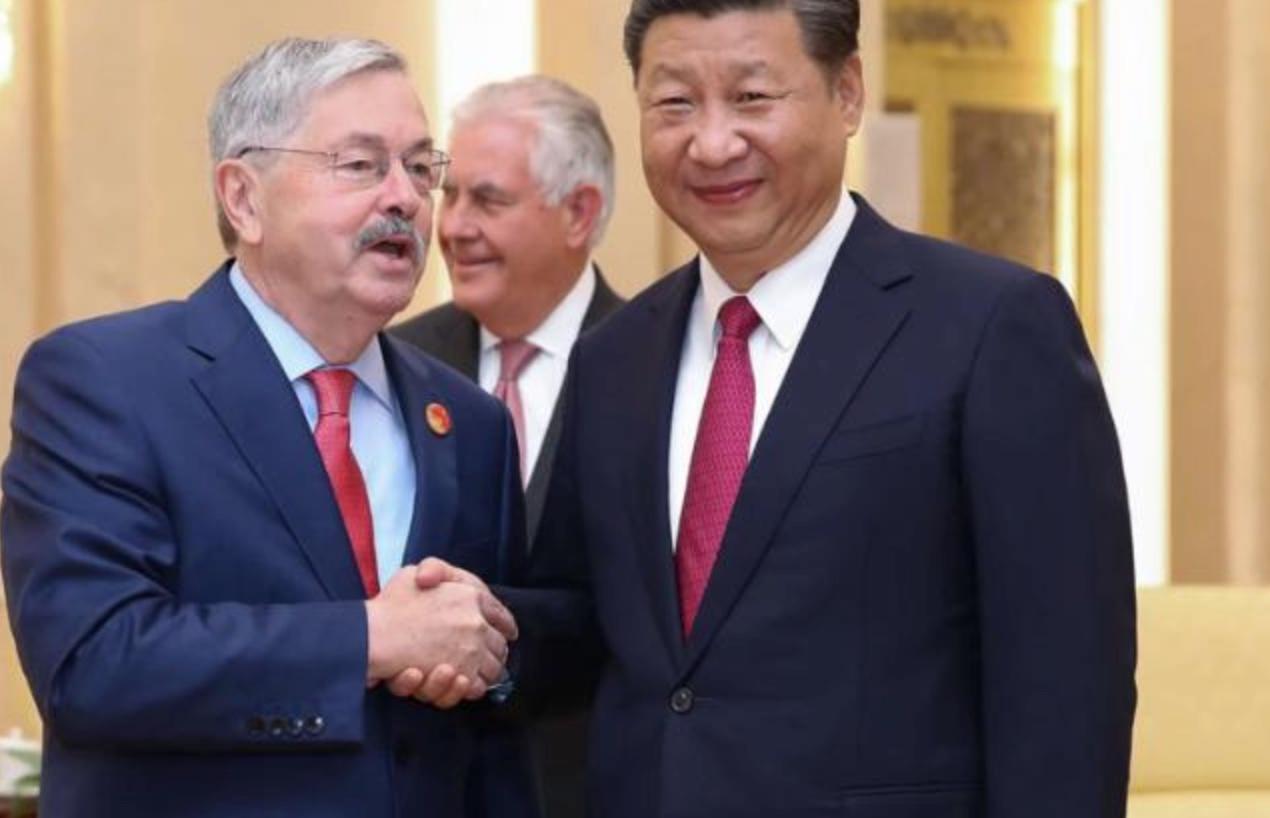We had a very interesting and enjoyable preliminary private conversation on the subject a couple of weeks ago (just for The Practice Effect), and I much look forward to this public version. Please join us! Here are the details:
UCLA Law’s AI Pulse Project and University of Arizona TechLaw present:
The Brinternet: A conversation with futurist and science fiction author David Brin and Professors Jane Bambauer, Mark Lemley, and Eugene Volokh, moderated by Professor Ted Parson
What: Is the dominant advertising-supported business model for Internet news and opinion unsustainable? In a pair of essays published on Evonomics, David Brin says yes. But alternative models, including subscriptions and paywalls, also increasingly appear unrealistic for most apps and content producers. Can micropayments (in the 1 to 5 cent range) solve this problem?
When: this Friday, September 18, 2020, 2:00 – 3:00 PM Pacific time.
Register to attend here.
Panelists:
David Brin is an astrophysicist whose international best-selling novels include The Postman, Earth, and recently Existence. His nonfiction book about the information age—The Transparent Society—won the Freedom of Speech Award of the American Library Association.
Jane Bambauer is a Professor of Law at the University of Arizona. Prof. Bambauer’s research assesses the social costs and benefits of Big Data, and questions the wisdom of many well-intentioned privacy laws. Her articles have appeared in the Stanford Law Review, the Michigan Law Review, the California Law Review, and the Journal of Empirical Legal Studies. Prof. Bambauer’s own data-driven research explores biased judgment, legal education, and legal careers. She holds a B.S. in mathematics from Yale College and a J.D. from Yale Law School.
Mark Lemley is the William H. Neukom Professor of Law at Stanford Law School and the Director of the Stanford Program in Law, Science and Technology. He is also a Senior Fellow at the Stanford Institute for Economic Policy Research and is affiliated faculty in the Symbolic Systems program. Prof. Lemley teaches intellectual property, patent law, trademark law, antitrust, the law of robotics and AI, video game law, and remedies. He is the author of eight books and 181 articles, including the two-volume treatise IP and Antitrust.
Eugene Volokh is the Gary T. Schwartz Professor of Law at the UCLA School of Law and an academic affiliate at the law firm Mayer Brown LLP. He teaches First Amendment law and a First Amendment amicus brief clinic, and has taught copyright, criminal law, tort law, and a seminar on firearms regulation policy. He has been writing on the Internet and the law since 1995.
Edward A. (Ted) Parson (Moderator) is the Dan and Rae Emmett Professor of Environmental Law, faculty co-director of the Emmett Institute on Climate Change and the Environment, and the director of the AI Pulse Project at UCLA School of Law.
Background reading:
Advertising Cannot Maintain the Internet. Here’s the “Secret Sauce” Solution.
Beyond Advertising: Will Micropayments Sustain the New Internet?
Neither micro- nor macropayments are required to attend this conversation.
from Latest – Reason.com https://ift.tt/3iJzs38
via IFTTT




